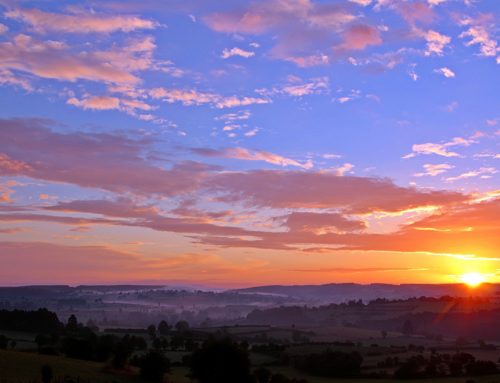This Sunday we will hear some of the most powerful and poetic words Jesus spoke, when he said,
‘Blessed are you who are poor, for yours in the kingdom of God.
Blessed are you who are hungry now, for you will be filled.
Blessed are you who weep now for you will laugh….’
They are words that lift our spirits – words intended to lead us to greater freedom and hope for the way we live now in this world, not just for a time beyond this life. What’s more, throughout his life, Jesus embodied these words in the way he engaged with people – healing, reconciling, confronting evil and injustice, and challenging us to take the risk of loving and forgiving.
Like the song of Mary, and Jesus’ first recorded sermon in the synagogue at Nazareth where he spoke about bringing good news to the poor and release to the captives, Jesus is holding before us a vision of the world made whole. And in calling the disciples, he is also inviting us to share that vision and to be a physical sign of that vision in the way we live.
The founder of the ecumenical community of Taizé in France was a Reformed Pastor called Roger Schütz who spoke of the church as a parable of communion and a visible sign of hope in a world marked increasingly by division. The church in the little French village of Taizé is called the ‘Church of Reconciliation’, and as you approach the church to join in the service you will see a large sign that says: ‘Let all who enter here be reconciled, brother with brother, sister with sister, nation with nation.’ It’s a place that draws young people from all over the world, because it offers a vision of hope for a world so fraught with political and religious tensions.
Brother Roger called the church to be filled with the Spirit of the Beatitudes: joy, simplicity, and mercy.’ The big question for every church community is how to embody this vision. Brother Roger’s way of beginning to live out this vision involved an invitation to see the church not primarily as structures or buildings but rather as the communion of all those who follow Christ.
Jesus often spoke of the universal nature of the Church, for it brings together people from all places (…north and south, east and west) and for all times (…with Abraham, Mary and Desmond Tutu). Jesus gives two images of it. Firstly he heals a leper, someone excluded from society, and restores him once again as a member of his people. Secondly Jesus regarded the faith of a Roman Officer as an example of true faith, and so broke down the barrier between Jews and non-Jews, taking the opposite approach from the Pharisees who set up boundaries and considered themselves to be on the ‘good side’. Jesus also spoke of the kingdom of God as a festive meal, a banquet that celebrates God’s forgiveness. Picking up this thought Saint Augustine said that “…the Church is present wherever God’s forgiveness is proclaimed.”
So the mystery of the church is more than simply the gathering together of those who love Jesus and take his words to heart. It is the continuation of Christ’s presence in the midst of human beings and our world, for Jesus said that wherever two or more gather in his name he will be there. Founded on forgiveness and reconciliation, the church is called to live in the midst of humanity as a force for peace, reconciliation, sharing and justice, for Jesus said to his disciples, ‘By this shall all know that you are my disciples by your love for one another’.
What does it mean for us to live out the spirit of the Beatitudes?
Peter





